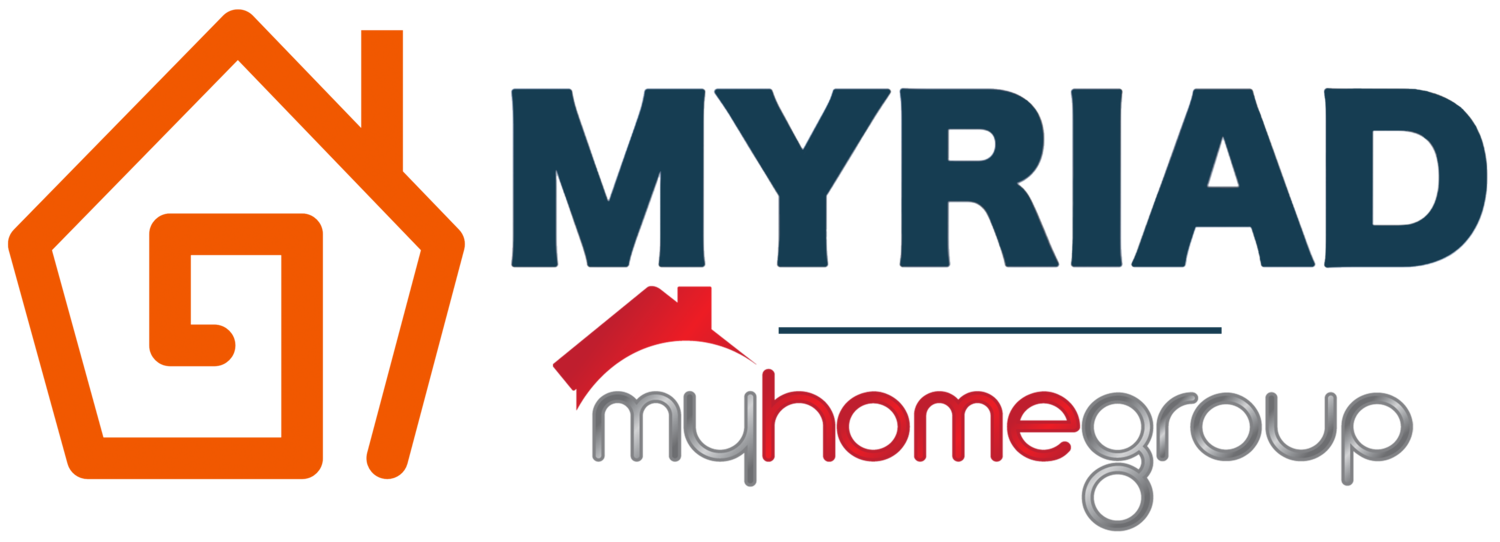Recession? Inverted Yield Curve? Trade War? | August 2019 Market Update
Our latest market update covered SO much insightful information. We created a quick blog for you breaking down the important topics that we talked about like the decrease in rates, the inverted yield curve, the trade war with China, and the possibility of a recession.
Why Did The Fed Cut Rates? What Does This Me To The Average Person?
The Fed cut rates for a few reasons, including: the world economy has been slow-moving which will ward off any downturn in our economy, to counter act the trade war with China, to allow more money in the average American’s hand to boost savings and spending, the inverted yield curve, and the 2020 Presidential Election.
A decrease in the Federal Funds Rate means that you could have lower rates for the following:
Adjustable rate loans and lines of credit
Mortgage ARMS
Equity Lines of Credit
Credit Cards
Savings accounts and CD’s
A zero rate means that banks would have a lower profit margin and would increase the fees they charge you for services to make up for lost revenue. (Higher Overdraft fees, ATM Fees, Checking Account Fees, Etc.) Negative rates mean the banks would have to pay the Fed to park their money with the government.
What Does An Inverted Yield Curve Mean?
When shorter term bonds pay higher interest than longer term bonds. This is the rate at which the US Treasury is paying interest on the money they are borrowing from investors. This is an indicator of an economic slowdown because more investors are willing to be paid less on long term investments to get locked in at what they feel is a higher rate. The more long-term bonds the treasury sells the lower the interest rates go.
The same goes for short term bonds. It’s all supply and demand. This rapid change in investing causes the yield curve to invert. Inversion could also happen because investors are selling their stocks and buying bonds instead. They’ve lost confidence in the economy and believe the small returns on bonds are better than losses on stocks into a recession.
Trade War With China
A tariff is a tax on imports. They are paid by U.S. registered firms to U.S. customs for the goods they import into the US. Importers often pass the costs of tariffs onto their customers including the manufacturers and consumers by raising their prices.
The government uses this money to generate revenue for themselves to pay interest on its debt. The American people are paying an additional $30 to $40 billion in taxes per year due to tariffs. In theory, a tariff is supposed to be used to protect domestic industries from cheap goods from overseas by making the foreign product more competitive in our market. The higher prices are supposed to protect domestic industries from competition, but it ultimately harms us, the consumer. It also harms businesses that buy supplies from overseas to make products here in the US.
The US has been outsourcing manufacturing and labor to other countries, especially China, for decades. Many of these jobs are low paying laborious jobs that most Americans don’t want to do. The uncertainty of the trade war is also negatively impacting the stock market. This is causing people to pull out of stocks, buy bonds, which is the overarching reason we have an inverted yield curve. The trade war is not only negatively impacting the US and China, it’s affecting the entire world.
What Is A Recession? How Do You Prepare?
Most agree that a recession takes place when the Gross Domestic Product, which is the measurement of the market value of all goods and services produced, is negative for 2 consecutive quarters. Other ways to measure this is watching income levels, employment rate, manufacturing, and retail sales.
We’ve had 11 recessions since WW2. On average, they last only 11 months with the shortest being 6 months. If we do find ourselves in a recession, my prediction is that this will be a mild one. The American people’s memory is very short and for my generation and younger the only recession we really remember was the Great Depression. This recession will be nothing like that as long as consumers don’t panic. Things have to go very, very wrong in order for us to be anywhere near what the Great Recession was.
Ultimately this a good time to start looking at your finances and make a plan. Here’s how you should prepare:
Pay down bad debts
Have a fully funded emergency fund of 3 to 6 months worth of expenses.
Create additional revenue streams if you can
Update your résumé and start networking with people
Live within your means and don’t finance purchases through debt
Talk to your financial adviser about your asset allocation and risk tolerance based on your age
Continue your education and build your skill base so you become more valuable to your employer







